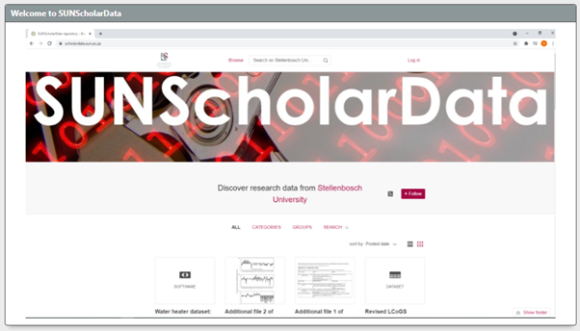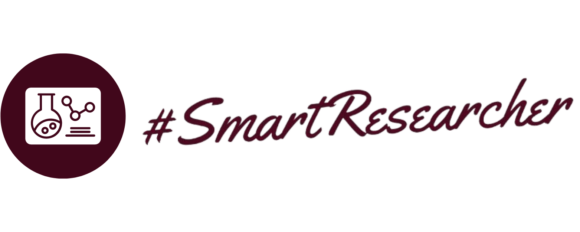Did you know that our faculty librarians offer assistance in choosing the best avenues for publishing your research? They can assist you with the following:
A library guide on where to publish your research
It gives you an overview of all the important aspects of publishing and finding a suitable journal to publish your research. Visit the library guide here.
Journal metrics in databases such as Scopus and Web of Science
With the use of journal metrics (see this page on library guide) you will be able to decide which journal to publish. These metrics include the Impact Factor, CiteScore, SNIP, and many more. It is also helpful to see in which percentile the journal falls, and then also analyse the subject fields and get suggestions for other journal titles in which you may publish.
Publish in accredited journals
Consult the Division for Research Development’s webpage for information on which journals are accredited by the DHET to qualify for subsidy. Librarians will also be able to assist you with whether a specific journal is accredited or not.
Guidance on how to avoid predatory publishers
Librarians are also able to assist you with determining whether a journal/publisher is predatory. This tab in the Library guide will give you some guidance on the topic, but you are also most welcome to contact your faculty librarian for assistance.
Getting to know all the Open Access avenues and discounts that exist
Your research will be widely visible and accessible if you publish with Open Access avenues. See more information here and see the library guide which describes all the discounts available by means of transformative agreements for Open Access publishing here.
A workshop on where to publish will be presented early October
The workshop, Making important decisions about publishing your research, will be presented again early October. Please make sure to book your space here!
Enquiries: Your faculty librarian or Marié Roux



